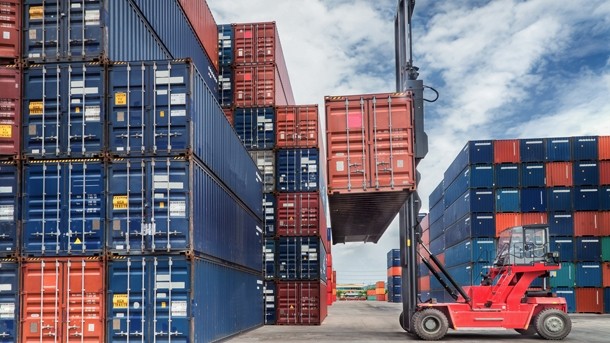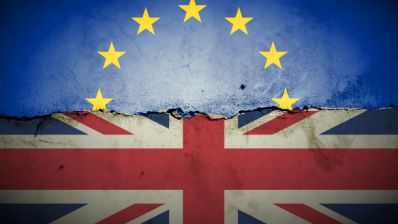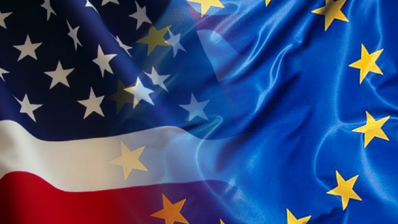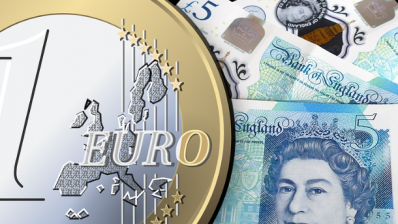Food exports to EU to be hit without a trade deal

“We are in an uncharted territory. Nobody’s ever done this before and we don’t know what’s in front of us,” said Hilary Ross, executive partner, London and head of retail, food and hospitality with legal firm DWF, speaking at last month’s Westminster Food & Nutrition Forum seminar on the future of the UK’s food supply chain.
“So, anyone who tells you that they know what’s going to happen is quite frankly either an idiot or a liar.”
Ross outlined different possible outcomes from negotiations, which ranged from a free-trade agreement with the EU to a so-called ‘hard Brexit’ under World Trade Organisation (WTO) rules.
“What the government has made clear is that they are not going to be looking at existing [trade agreement] models. What they want is their cake and eat it,” said Ross.
“I’ve studied EU food law for over 25 years and I can tell you that WTO rules make EU law look as simple as the 10 commandments, and the way in which they arbitrate for disputes makes the European Court of Justice look positively speedy.”
‘It’s going to be a bumpy ride’
Ross warned that negotiations on Brexit would prove very complex. “It’s going to be a bumpy ride ahead.”
She added that it was unlikely that a deal would emerge until the very end of negotiations. “It’s always done last minute and it always looks like it’s not going to be done.”
Areas of concern for the grocery sector ranged from labour availability, to the regulatory regime (95% of which currently falls under EU law) and tariffs, quotas and trade, she added.
The Great Repeal Bill, expected to be introduced in May this year, will transfer all existing regulations into UK law and will be amended as we go forward, said Ross.
“But they will need to be looked at very carefully to ensure that they still work when we are a third party as opposed to a Member of the EU,” she warned.
‘13,608 different tariffs’
She also warned that without a free-trade deal, tariffs the EU imposed on imports of, for example, confectionery and baked goods, would depend on the composition of individual products. “There are 13,608 different tariffs for that category alone,” she reported.
“Farming will particularly be hit as there are very high tariffs – 47% for milk, 40% for cheese, 59% for beef and 47% for lamb – so that really is a significant hike.”
To compound the difficulty of exporting to the EU, there would also be infrastructure obstacles, she warned. For example, there would be border checks on import licences and documentary proof on country of origin and health certificates, covering products of animal origin into the EU. “So, there are a number of logistical issues that need to be looked at and considered,” she added.
















